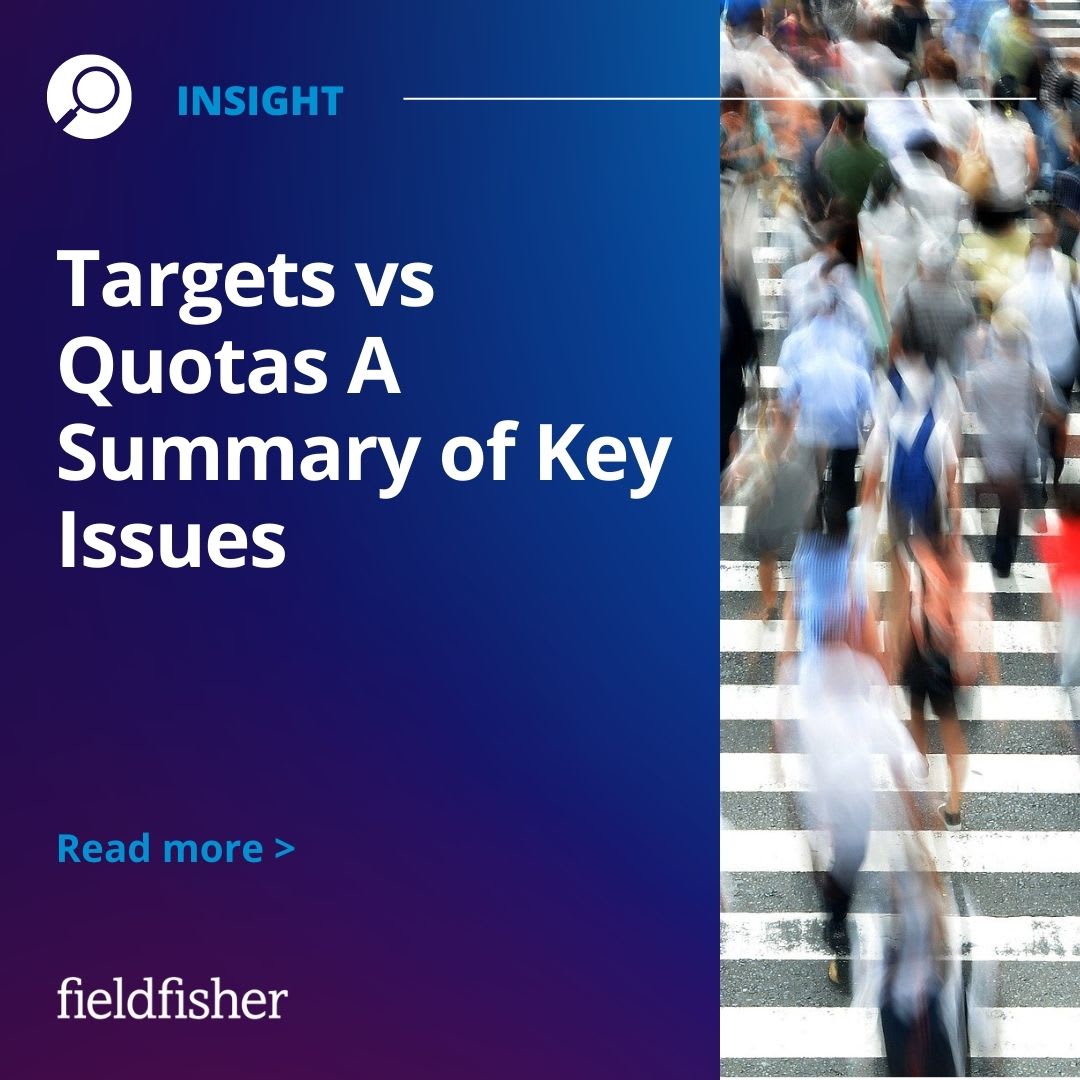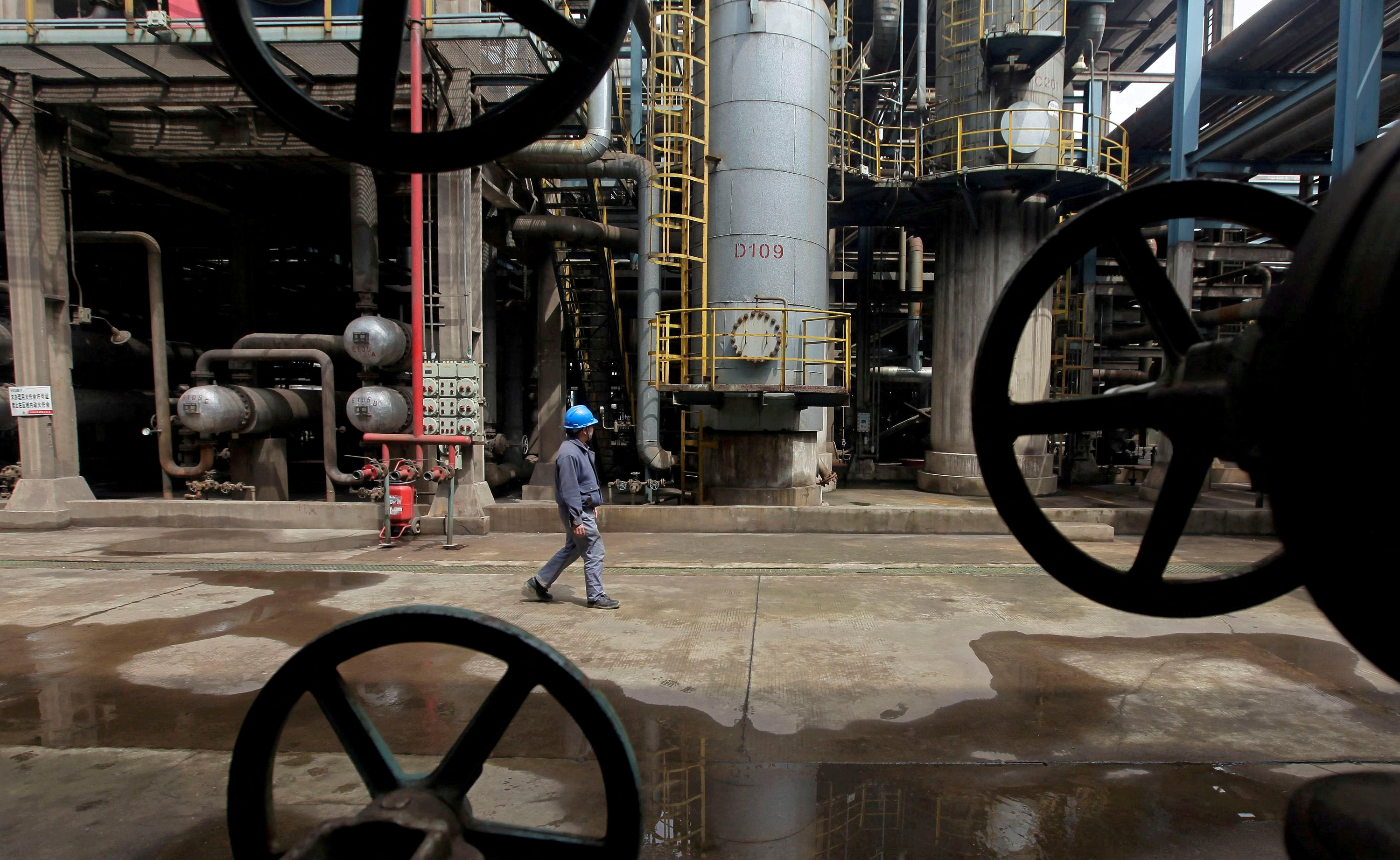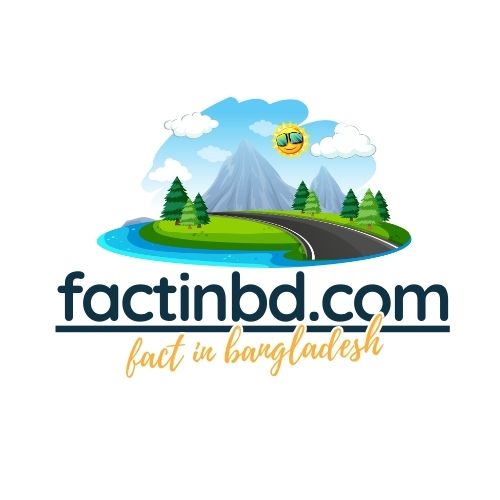Government agencies or international organizations issue quotas. These entities regulate the quantity of goods or services allowed.
Quotas play a crucial role in managing trade and resource allocation. Governments use quotas to control the import and export of products. International organizations, like the World Trade Organization, also set quotas to ensure fair trade practices. These limits help protect domestic industries from foreign competition.
Quotas can also manage the distribution of scarce resources. Understanding who issues quotas and why is vital for businesses involved in global trade. Effective quota management can significantly impact a company’s bottom line. Staying informed about quota regulations helps businesses strategize and comply with international trade laws.
Introduction To Quotas
Quotas play a crucial role in regulating trade, employment, and resources. They help balance supply and demand, protect industries, and ensure fair distribution. In this section, we’ll explore the definition, purpose, and historical context of quotas.
Definition And Purpose
Quotas are limits set by authorities on the amount of a certain item. These items can be goods, services, or even people. Quotas can apply to imports, exports, and jobs. The main purpose is to control the supply and demand of these items. By setting quotas, authorities can protect local industries. They can also ensure fair opportunities for all.
For example, a country may set a quota on imported cars. This helps local car manufacturers compete. In the job market, quotas can ensure diversity. Companies might have to hire a certain number of minority employees. This promotes equal opportunities for everyone.
Historical Context
The use of quotas dates back many years. In the early 20th century, many countries used import quotas. This was to protect their local industries. During the Great Depression, quotas were common. Countries set limits on imports to protect their economies.
Quotas were also used during wartime. Governments limited the amount of certain goods to save resources. For example, during World War II, food and fuel were rationed. This ensured that everyone had enough supplies.
In modern times, quotas are still important. They help regulate markets and ensure fair competition. They also promote diversity and equal opportunities in the workplace.
Government Agencies
Government agencies play a crucial role in issuing quotas. These quotas help manage resources, control market activities, and ensure fair distribution. Different levels of government authorities are involved in this process, from federal to state and local bodies.
Federal Authorities
Federal authorities oversee national-level quotas. They issue quotas on natural resources, trade, and immigration. These agencies include:
- Environmental Protection Agency (EPA): Manages quotas on emissions and waste.
- Department of Commerce: Issues trade quotas to control imports and exports.
- Department of Homeland Security: Regulates immigration quotas for visas and residency permits.
State And Local Bodies
State and local bodies manage quotas within their jurisdictions. These quotas often relate to local resources, business activities, and community needs. Examples include:
- State Environmental Agencies: Set quotas on water usage and pollution control.
- Local Fish and Wildlife Departments: Issue hunting and fishing quotas to protect wildlife.
- City Councils: Manage quotas on business licenses and building permits.
These government agencies ensure the fair and efficient use of resources. They help maintain balance and sustainability.
International Organizations
International organizations play a vital role in setting and managing quotas. These organizations ensure fair trade and balanced global relations. They help countries cooperate and solve economic issues.
United Nations
The United Nations (UN) is a major international organization. It helps countries work together for peace and security. The UN also manages quotas in various sectors. For example, the UN sets quotas for fishery resources. This helps protect marine life and ensure sustainable fishing.
The UN also works on trade quotas. These quotas help developing countries grow economically. They ensure fair trade practices and reduce economic disparities.
World Trade Organization
The World Trade Organization (WTO) regulates international trade. It sets rules for global trade and resolves disputes. The WTO also issues trade quotas. These quotas help maintain balance in global markets.
The WTO’s trade quotas cover many products. These include agricultural goods, textiles, and industrial products. The WTO ensures that trade is fair and open. This helps all countries benefit from global trade.

Credit: www.fieldfisher.com
Industry Regulators
Industry regulators play a crucial role in issuing quotas. These authorities ensure that industries operate within defined limits. Their role is to maintain balance and fairness in markets.
Sector-specific Authorities
Sector-specific authorities oversee different industries. They set quotas based on market needs. For example, agriculture regulators might set quotas on crop production. Fisheries authorities could limit fish catches to protect species.
Some examples of sector-specific authorities include:
- Federal Aviation Administration (FAA) for aviation
- Environmental Protection Agency (EPA) for environmental regulations
- Food and Drug Administration (FDA) for food and drugs
Compliance And Enforcement
Compliance ensures that industries follow the set quotas. Regulators monitor activities to ensure adherence. They use various tools for this purpose. These include inspections, audits, and reports.
Enforcement actions are taken when industries do not comply. Penalties can include fines or restrictions. Serious violations may lead to shutdowns. Here are some common enforcement actions:
- Issuing fines
- Enforcing restrictions
- Ordering shutdowns
Effective compliance and enforcement protect markets and consumers. They also preserve resources and ensure fair play.
Environmental Agencies
Environmental Agencies play a crucial role in maintaining ecological balance. They regulate various activities to ensure the environment is protected. One significant aspect of their duties is issuing quotas for emissions and resource management.
Emissions Quotas
Environmental agencies set emissions quotas to control air pollution. These quotas limit the amount of pollutants a company can emit. By setting these limits, agencies help reduce the harmful effects of pollution on health and the environment.
There are different types of emissions quotas:
- Carbon Dioxide (CO2) Quotas: These limits reduce greenhouse gases.
- Sulfur Dioxide (SO2) Quotas: These reduce acid rain.
- Nitrogen Oxides (NOx) Quotas: These improve air quality.
Companies must follow these quotas to avoid fines and penalties. This compliance helps in achieving cleaner air and a healthier planet.
Resource Management
Another critical function of environmental agencies is resource management. They issue quotas to manage the use of natural resources. This ensures resources are used sustainably.
Key areas of resource management include:
| Resource | Management Method |
|---|---|
| Water | Water usage quotas |
| Fisheries | Fishing quotas |
| Forestry | Logging quotas |
These quotas ensure resources remain available for future generations. Proper management helps in preventing over-exploitation and maintains ecological balance.
For example, fishing quotas limit the amount of fish that can be caught. This prevents overfishing and helps fish populations to thrive.
By issuing these quotas, environmental agencies help protect our planet. They ensure that natural resources are used wisely and sustainably.

Credit: www.researchgate.net
Trade Associations
Trade associations are organizations founded and funded by businesses in specific industries. These associations play a crucial role in regulating their respective industries. They often have the authority to issue quotas to manage production, distribution, and trade. Understanding their role can help businesses comply with industry standards and regulations.
Role In Quota Issuance
Trade associations set quotas to control the supply of goods. This helps in stabilizing prices and ensuring fair competition. They gather data and analyze industry trends. Based on this information, they decide how much each member can produce or sell.
Key functions of trade associations in quota issuance include:
- Regulating supply: Ensuring market stability by controlling production levels.
- Fair competition: Preventing monopolies and ensuring equal opportunities.
- Data analysis: Using industry data to make informed decisions.
Industry-specific Examples
Different industries have unique needs, and trade associations tailor quotas accordingly. Below are some examples:
| Industry | Association | Quota Purpose |
|---|---|---|
| Agriculture | National Farmers Union | To manage crop production and prevent surpluses. |
| Fishing | Marine Stewardship Council | To prevent overfishing and protect marine life. |
| Textiles | International Textile Manufacturers Federation | To regulate fabric production and control market prices. |
These examples show how trade associations help in maintaining industry balance. Their role is vital for sustainable growth and market health.
Impact On Businesses
Quotas affect businesses significantly. They reshape operations, finances, and growth. Understanding quotas helps in navigating these changes.
Operational Adjustments
Businesses must adapt operations to meet quotas. This can mean changing suppliers, adjusting production levels, or altering product lines.
- Supplier Changes: Finding new suppliers to meet quota limits.
- Production Levels: Adjusting how much is produced to comply.
- Product Lines: Altering products to fit within quota restrictions.
Economic Implications
Quotas influence a company’s economic standing. They can lead to increased costs or altered revenue streams.
| Aspect | Impact |
|---|---|
| Increased Costs | Higher costs due to new suppliers or processes. |
| Revenue Streams | Revenue may decrease if production is limited. |
Businesses must strategize to mitigate these economic impacts. This can include finding cost-effective suppliers or optimizing production.

Credit: www.reuters.com
Future Of Quotas
The future of quotas is a dynamic and evolving landscape. As global trade and economic policies change, so do the regulations and technologies surrounding quotas. This section explores the future of quotas with a focus on evolving regulations and technological innovations.
Evolving Regulations
Regulations governing quotas are continuously changing. Governments and international bodies review and update them. These changes aim to address emerging economic challenges. They also seek to promote fair trade and protect domestic industries.
One example of evolving regulations is the shift towards more flexible quota systems. These systems allow for adjustments based on market conditions. They also consider the impact on small and medium-sized enterprises. This flexibility helps to balance global supply and demand.
Another trend is the increasing use of environmental quotas. These quotas aim to reduce carbon footprints and promote sustainable practices. They are part of broader efforts to combat climate change and ensure long-term economic stability.
Technological Innovations
Technology plays a crucial role in the future of quotas. Innovations in data analytics and artificial intelligence are transforming how quotas are managed. These technologies help to monitor compliance and identify trends. They also enable more accurate forecasting and decision-making.
Blockchain technology is another significant innovation. It provides a secure and transparent way to track quota transactions. This technology ensures that quotas are used as intended and reduces the risk of fraud.
Automation is also changing the landscape of quotas. Automated systems streamline the quota allocation process. They reduce administrative burdens and improve efficiency. This leads to faster and more accurate quota management.
| Technology | Impact on Quotas |
|---|---|
| Data Analytics | Improves monitoring and forecasting |
| Artificial Intelligence | Enhances decision-making |
| Blockchain | Ensures transparency and security |
| Automation | Streamlines allocation process |
Conclusion
Understanding who issues quotas is essential for navigating trade and resource management. Governments and international organizations play key roles. Businesses must stay informed about quota changes. This knowledge ensures compliance and strategic planning. Stay updated to leverage quotas effectively in your industry.


